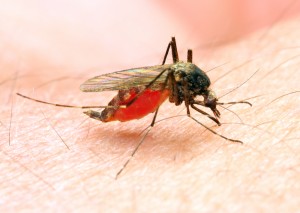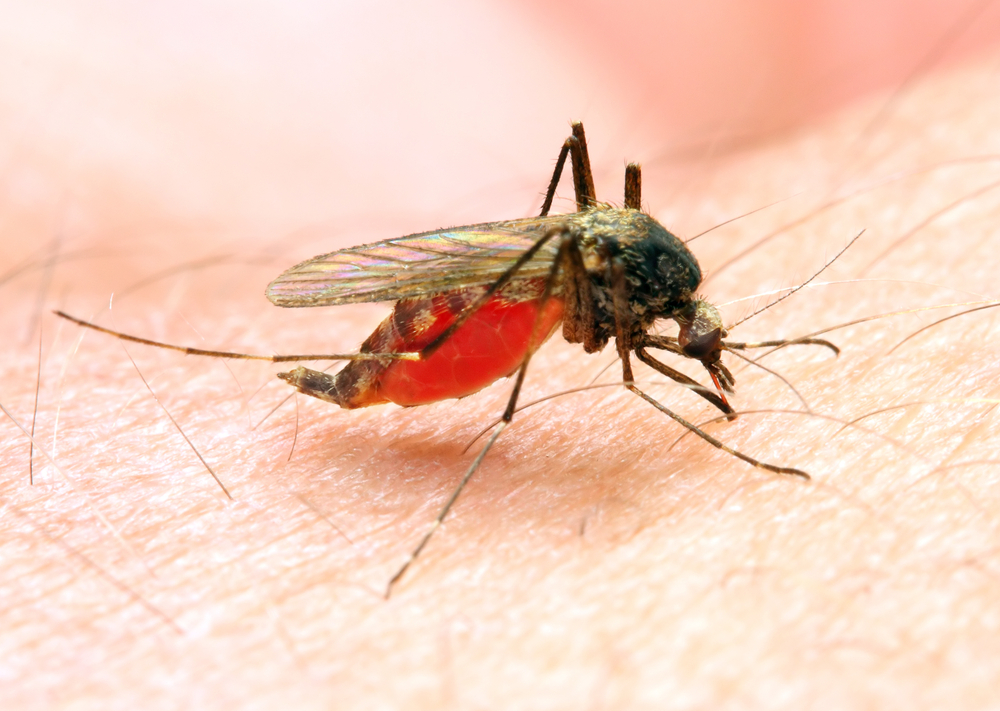 Researchers at St George’s, University of London, have developed a pilot study where they found artesunate, a common malaria drug, may aid in the treatment of colorectal cancer (CRC), and could be used as an inexpensive adjuvant to current high-priced chemotherapy.
Researchers at St George’s, University of London, have developed a pilot study where they found artesunate, a common malaria drug, may aid in the treatment of colorectal cancer (CRC), and could be used as an inexpensive adjuvant to current high-priced chemotherapy.
The study, titled “A Randomised, Double Blind, Placebo-Controlled Pilot Study of Oral Artesunate Therapy for Colorectal Cancer” and published in EBioMedicine journal, randomized 23 patients suffering from single primary site CRC and planned for curative resection of biopsy, to receive preoperatively either 14 daily doses of oral artesunate (200 mg) or placebo.
Researchers looked at the number of tumour cells that underwent apoptosis along with tumour markers VEGF, EGFR, c-MYC, CD31, Ki67 and p53, and overall clinical responses.
They observed that apoptosis in more than 7% of cells was seen in 67% and 55% of patients in artesunate and placebo groups, respectively.
Importantly, after a median follow up of 42 months, only 1 patient in the artesunate group developed recurrent CRC, comparing with 6 patients in the placebo group.
“There is therefore a continuing and urgent need to develop new, cheap, orally effective and safe colorectal cancer treatments. Our approach in this study was to take a close look at an existing drug that already had some anticancer properties in experimental settings, and to assess its safety and efficacy in patients. The results have been more than encouraging and can offer hopes of finding effective treatment options that are cheaper in the future”, lead author Professor Sanjeev Krishna, an infectious disease expert at St George’s explained in a news release.
Professor Devinder Kumar, an expert in colorectal cancer at St George’s and senior author of the study added “Larger clinical studies with artesunate that aim to provide well tolerated and convenient anticancer regimens should be implemented with urgency, and may provide an intervention where none is currently available, as well as synergistic benefits with current treatment regimens”.
Overall these encouraging results suggest artesunate can help to reduce tumor cell proliferation in CRC patients who are prescribed for surgical resection of their tumor.


